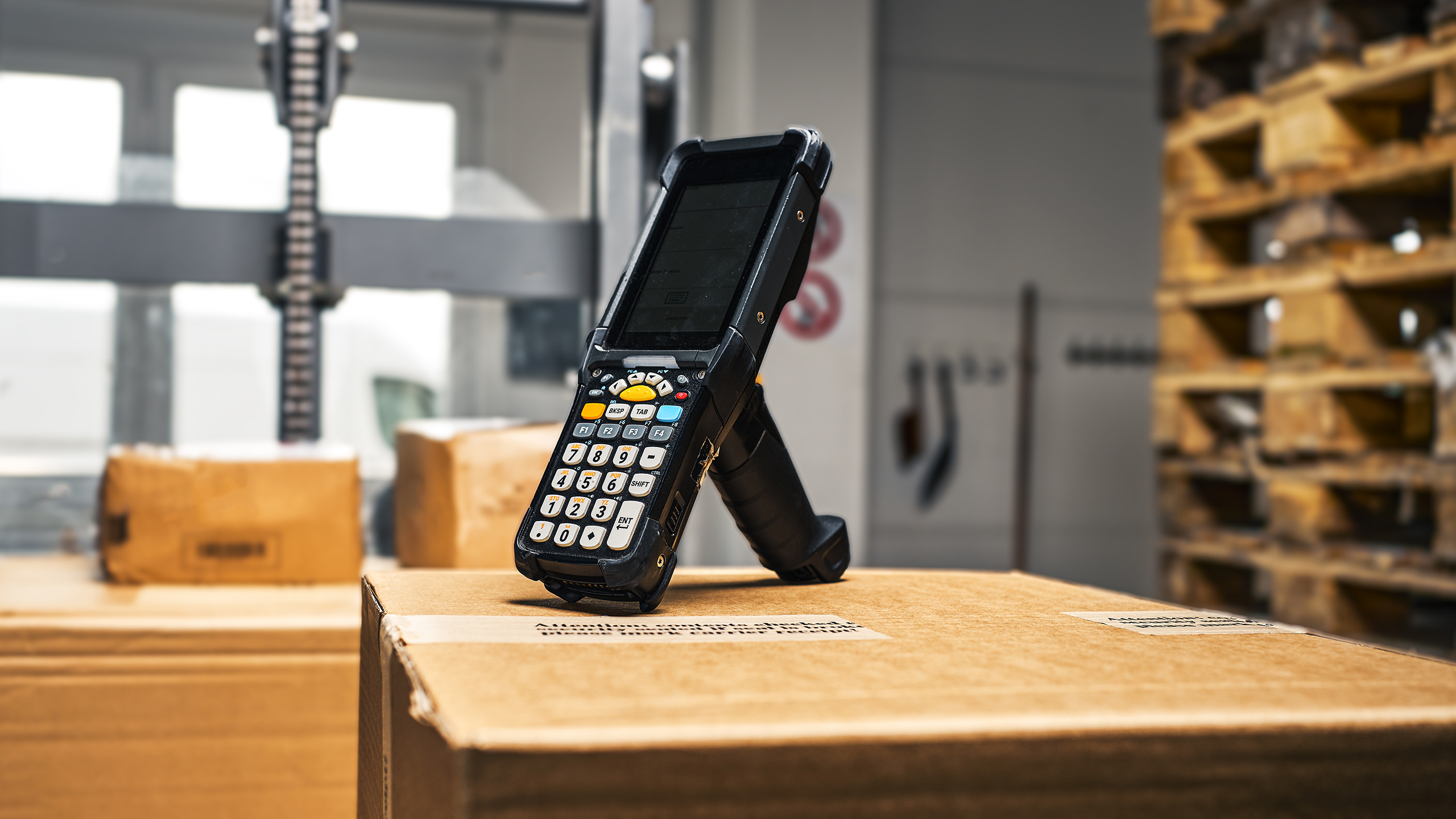The e-commerce market is constantly changing and new trends and technologies are constantly evolving. Here are some of the most important trends that will shape e-commerce in 2023:
1. personalized shopping experiences
Consumers today expect personalized shopping experiences that are tailored to their preferences and needs. This can be achieved by using artificial intelligence and machine learning to collect and evaluate customer data and generate personalized recommendations and offers. This is not just an aspect that needs to be taken into account in the store system from an IT perspective. Logistics must also react flexibly to this:
-> Items such as engravings and personal greetings can be implemented in logistics
-> Article purchasing behavior must be constantly monitored, best sellers prioritized and slow runner articles restocked. This reduces walking distances and cuts logistics costs.
2. increased use of voice and voice assistants
The use of voice assistants will continue to grow as consumers look for convenient and easy ways to make purchases. This opens up new opportunities for e-commerce companies to sell their products and services.
3. augmented reality
The use of augmented realities such as AR and VR will continue to spread in e-commerce in order to offer customers a more realistic shopping experience. This enables customers to test and try out products in a virtual environment before making a purchase. Companies such as IKEA, Audi and others are already using this: What does the new car look like in my driveway? How does the new shelf fit into my living room? How do the new shoes look on me? This allows the customer to try out the product virtually.
4. sustainability
Sustainability will continue to grow in importance as consumers become increasingly conscious shoppers and look for products that have been produced in an environmentally friendly and ethical manner. E-commerce companies must therefore focus on sustainability in order to satisfy their customers and improve their brand perception. Plastic-free and CO2-neutral shipping is easy to implement – both of which have already been realized by RHIEM.
5. omnichannel shopping experiences
Consumers expect a consistent shopping experience, regardless of whether they shop online, in a store or via a mobile application. E-commerce companies therefore need to develop an omnichannel strategy in order to reach and serve their customers across all channels. B2C and B2B logistics are important here: the processes differ greatly in end customer shipping compared to shipping to business customers. Here, delivery guidelines must be followed and the complexity of the orders varies greatly: from multi-pallet shipments to simple parcel shipments, a whole range has to be dispatched from a logistics center!
Logistics plays a decisive role in current e-commerce trends. Let us advise you now on how we can support you with sustainable B2C and B2B logistics.
Take advantage of our experience – RHIEM has been a reliable and competent logistics and fulfillment service partner to numerous well-known customers for over 5 decades. Together we can also master your logistical challenges in everyday and peak business.
What sets RHIEM apart
Fast, flexible and reliable – RHIEM has sophisticated, resilient and highly scalable fulfillment processes that enable brand manufacturers and retailers to operate efficiently and economically optimized in their national and international markets. The basis for all RHIEM services is our own high-performance IT system landscape including interfaces to our customers’ ERP systems – a guarantee for transparent, fast and error-resistant top performance.




